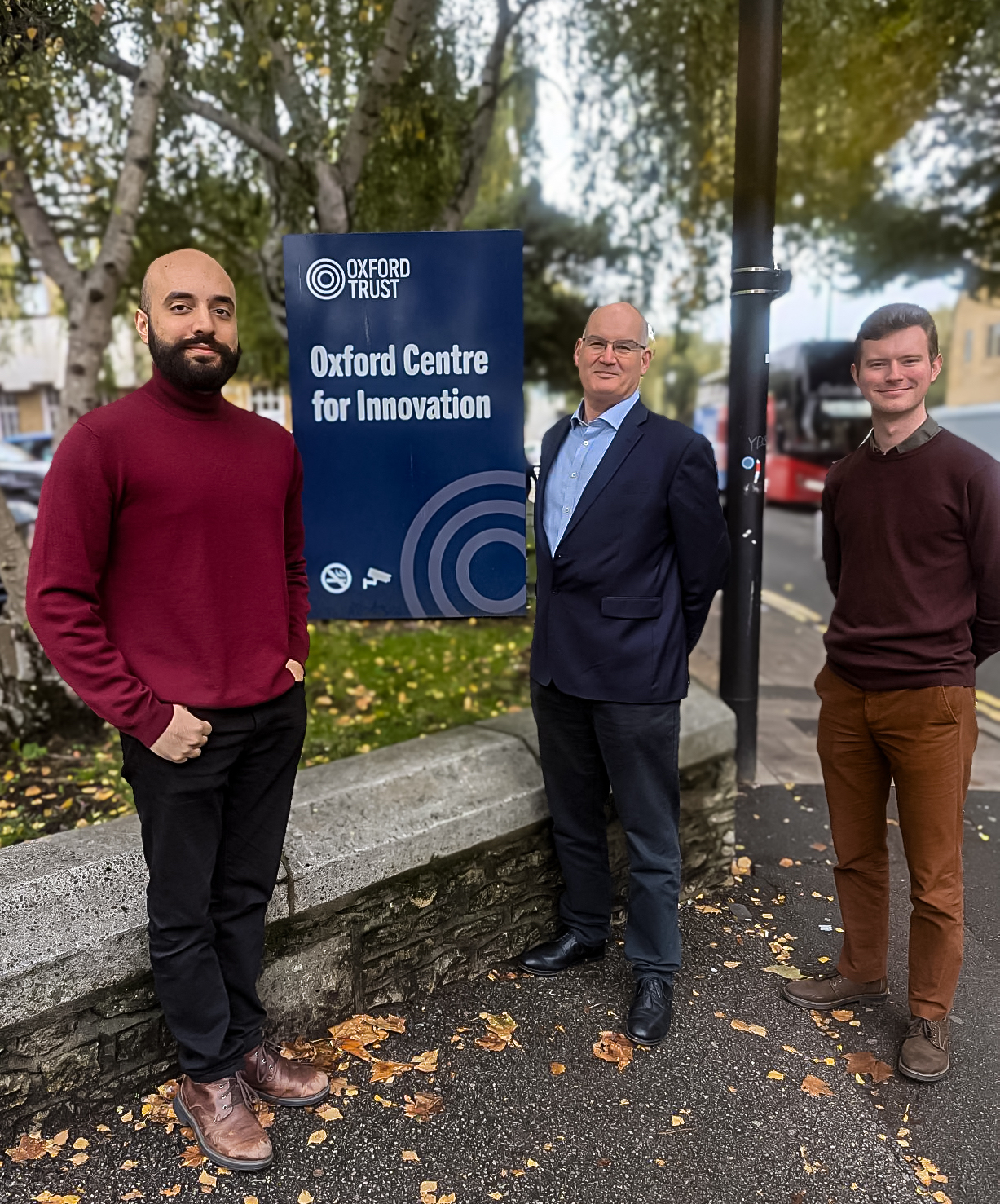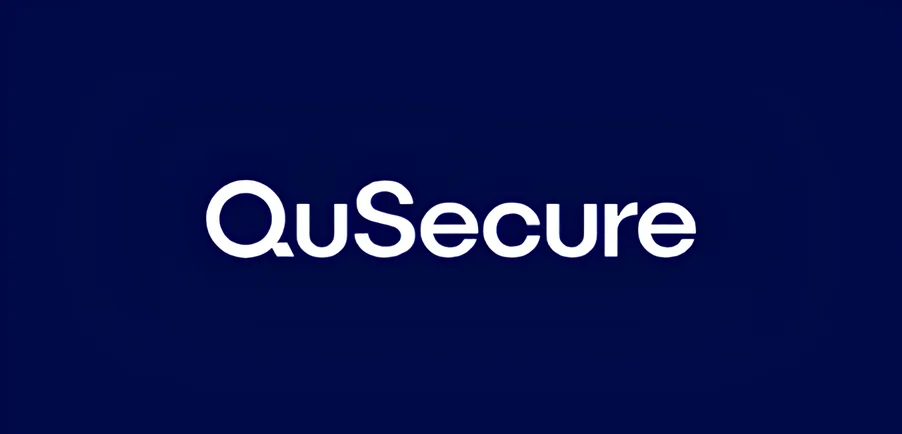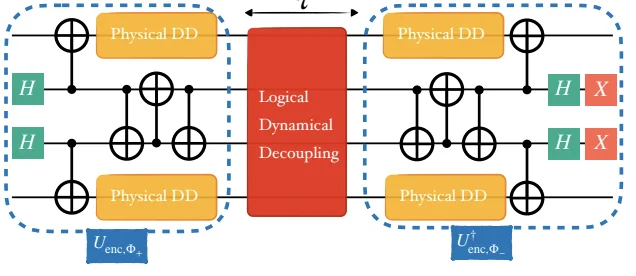Insider Brief
- Quantum Dice and SCI Semiconductor sign a MoU to collaborate on developing high-integrity, long-lifetime quantum-backed security solutions for critical sectors like energy, defense, and telecommunications.
- Quantum Dice’s DISC™ protocol for quantum random number generation will combine with SCI’s MemSafe CHERI technology to create secure semiconductor solutions designed to protect against modern vulnerabilities and hardware attacks.
- The partnership will be showcased at the IoT Security Foundation Annual Conference on October 23, 2024, where both companies will present their groundbreaking security solutions.
- Image: (L-R) Dr Ramy Shelbaya (CEO & Co-Founder, Quantum Dice), Haydn Povey (Chief Executive, SCI), and George Dunlop (Co-Founder, Quantum Dice) pictured at the Oxford Centre for Innovation. (Quantum Dice Ltd)
PRESS RELEASE — Quantum Dice, a University of Oxford spin-out pioneering quantum random number generator (QRNG) technology, and SCI Semiconductor, a UK-based developer of high-integrity silicon devices, today announce the signing of a memorandum of understanding (MoU).
This MoU reflects their shared vision to develop joint solutions to target advanced security systems across sectors with high-integrity requirements, including smart energy and critical infrastructure, aerospace and defense, telecommunications, automotive, industry 4.0, and medical domains.
Under the MoU, Quantum Dice and SCI Semiconductor will collaborate to develop long-lifetime, high-integrity, and high-availability solutions built to endure and protect in a rapidly evolving digital landscape.
This partnership will leverage Quantum Dice’s innovative QRNG technology, at the core of which is its patented DISC™ protocol, which provides continuous quantum assurance and takes the protection against hardware attacks and silent failure to a new level. The live entropy measurement enabled by the DISC™ protocol provides a unique ability for users to verify and quantify the security of their encryption keys in real-time. By integrating this technology with SCI Semiconductor’s deep expertise in high-integrity silicon design and CHERI (Capability Hardware Enhanced RISC Instructions) technology, the partnership will create secure, memory-safe semiconductor solutions tailored for long-term, robust protection in industries with the highest security demands.
Dr Ramy Shelbaya, CEO and Co-Founder of Quantum Dice, said: “The incredible exponential advancement of semiconductor technology is constantly making our lives more convenient, but just as with any technological revolution, it has its hidden risks. The security of the smart solutions that are being deployed everywhere from our energy infrastructure to our defense systems is rapidly becoming an essential part of the conversation around the future of the digital era. We are really excited to be working with the experts at SCI Semiconductor to take this conversation to the next level and bring quantum-backed memory-safe security solutions to the market”.
Haydn Povey, Chief Executive of SCI Semiconductor, said: “The partnership of SCI and Quantum Dice is very exciting to us, as it enables the development of high-integrity and high-availability digital systems for next-generation critical infrastructure, and beyond. Systems based on MemSafe CHERI technology are central to resolving over 70% of modern vulnerabilities, however, with the integration of high-grade quantum entropy we believe the industry now stands on the edge of providing long-term security resolutions for a raft of operational technologies that will underpin net-zero smart energy distribution and consumption; next-generation defense applications; and future autonomous automotive platforms.”
Quantum Dice and SCI Semiconductor are unveiling the new partnership at the IoT Security Foundation (IoTSF) Annual Conference on 23rd October 2024. Both companies are sponsoring and exhibiting at the event, and attendees will have the opportunity to learn more about the companies’ innovative security solutions and how their partnership aims to address security challenges not only for today but also for the long term.















